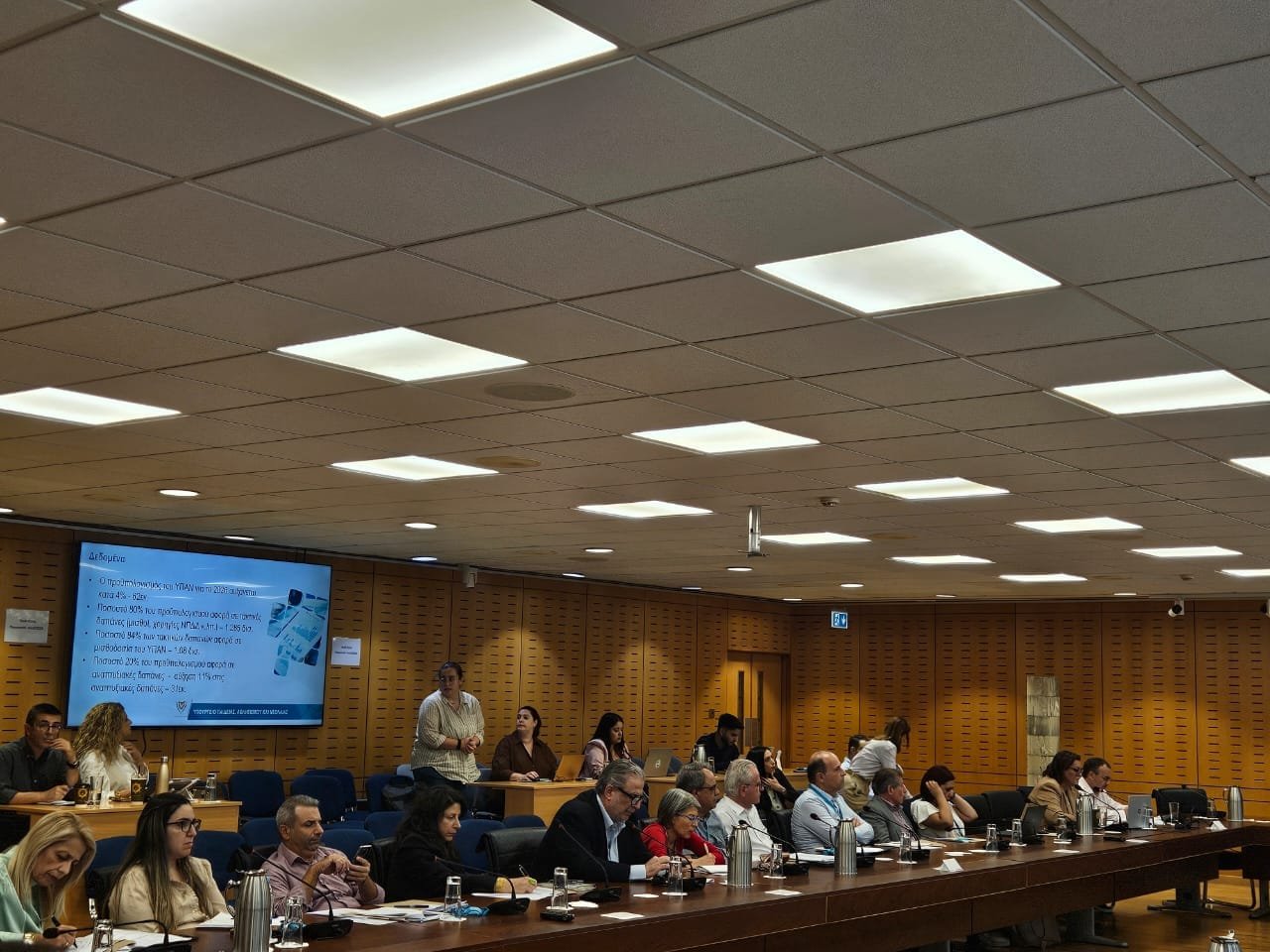Education Minister Athena Michaelidou said she expected parliament to follow democratic procedures so the bill reforming the teacher evaluation system can be sent to the plenum, where “we will all take our responsibilities.”
Presenting her ministry’s 2026 budget to the House finance committee on Friday, she said education reform was progressing gradually through a strategy that links knowledge with skills and values.
The budget for 2026, she said, increased by 4 per cent, while the ministry’s development budget saw an 11 per cent increase, which now accounts for one-fifth of the total.
The ministry’s budget stands at €1.611 billion, including €326 million for development and €1.285 billion for regular expenditure.
“Our aim is a smooth transition to a modern human-centred school that evolves, cultivates creativity and strengthens the mental resilience of our children, utilising the possibilities offered by the digital era,” she said.
Michaelidou said the budget aimed at improving support systems for special education, prevention of violence, upgrading all-day schools and preschools, digital transition and sports, among others.
“Every euro invested in education must produce a substantive social and educational impact, translate into better learning conditions, with more qualitative work and opportunities for all children,” she said.
Referring to teacher evaluations, Michaelidou said any further changes to the proposal would taken the regulations back to the 1970s.
“We must make a start, take a step forward. We expect the House to follow democratic procedures, discuss it, make any amendments considered necessary and send it to the plenum so that we can all assume our responsibilities,” she said.
The cost of the evaluations, she added, is expected to reach €12.7 million from 2027.
Michaelidou also responded to concerns regarding the vandalism of schools, saying that the ministry had set up committees to handle the situation, while a contact with the drug squad had been formed to deal with drugs in schools. This, she said, had already made a difference.
On school violence, she said CCTV cameras installed inside schools were acting as a deterrent, though the law does not allow cameras outside school premises.
She also assured MPs that all schools will have air-conditioning by the end of 2026, attributing delays mainly to staff shortages, especially among electricians.
On special education, she said the ministry would soon propose a bill designed to serve the best interests of the children.






Click here to change your cookie preferences